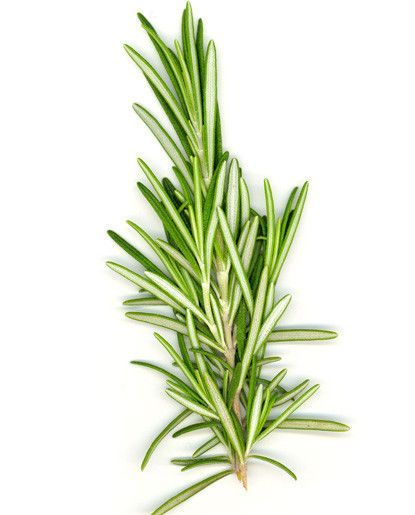Herbs and Spices - Rosemary Leaves

Rosemary Leaves
ROSEMARY LEAVES
Rosemary is native to Mediterranean climates so it prefers a hot, sunny, and humid atmosphere. Here are some tips for keeping your rosemary plants alive indoors during winter:
Quarantine: If you have houseplants, it is a good idea to quarantine your rosemary plants when you bring them indoors.
Rosemary is an aromatic, evergreen shrub whose leaves are frequently used to flavor foods such as stuffings, pork, roast lamb, chicken, and turkey. Along with its culinary applications,
Rosemary has many other benefits. Long revered by essential oil experts, Rosemary was considered sacred by the ancient Greek, Roman, Egyptian, and Hebrew cultures. Rosemary’s herbaceous and energizing scent is frequently used in aromatherapy.
Benefits:
1. Antioxidants and anti-inflammatory compounds: Rosemary is a rich source of antioxidants and anti-inflammatory compounds, which are thought to help boost the immune system and improve blood circulation.
2. Improving digestion: In Europe, rosemary is often used to help treat indigestion. In fact, Germany’s Commission E has approved rosemary for the treatment of indigestion.
3. Enhancing memory and concentration: According to research outlined in Therapeutic Advances in Psychopharmacology, the aroma from rosemary can improve a person’s concentration, performance, speed, and accuracy and, to a lesser extent, their mood.
4. Neurological protection: Scientists have found that rosemary may also be good for your brain. Rosemary contains an ingredient called carnosic acid, which can fight off damage by free radicals in the brain. Rosemary appears to be protective against brain damage and might improve recovery.
5. Prevent brain aging: Some studies have suggested that rosemary may significantly help prevent brain aging. The therapeutic ability of rosemary for prevention of Alzheimer’s shows promise, but more studies are needed.
6. Cancer: A report published in the Journal of Food Science revealed that adding rosemary extract to ground beef reduces the formation of cancer-causing agents that can develop during cooking.
7. Protection against macular degeneration: A study published in the journal Investigative Ophthalmology & Visual Science, led by Dr. Stuart A. Lipton, Ph.D. and colleagues at Sanford-Burnham Medical Research Institute, revealed that a carnosic acid, which is a major component of rosemary, can significantly promote eye health.
Serving way:
1 tsp. dried Rosemary Leaves = 2 tsp. chopped fresh rosemary
• Add to marinades and barbecue and pasta sauces.
• Use on lamb, pork and chicken.
• Use in eggplant, zucchini, stewed tomatoes and green beans.